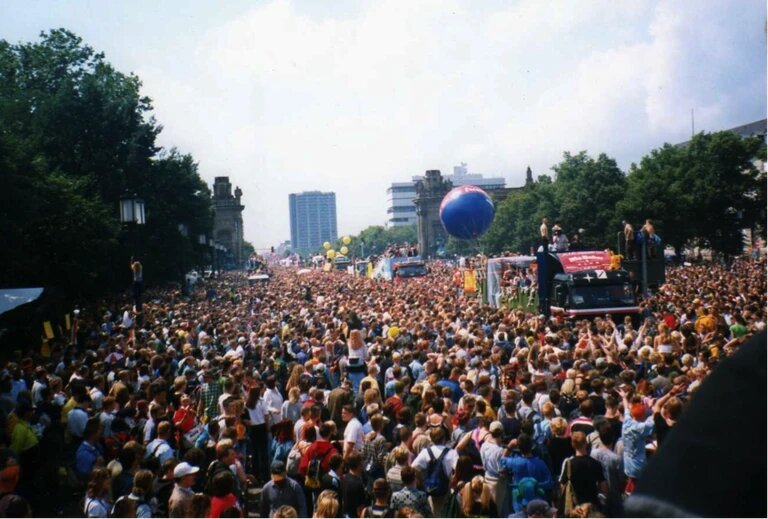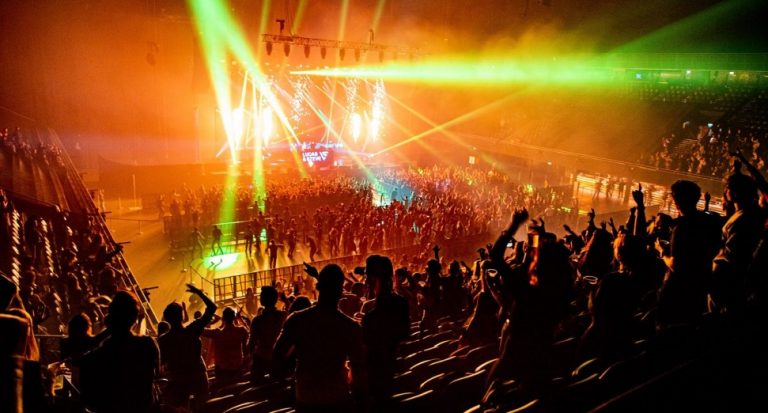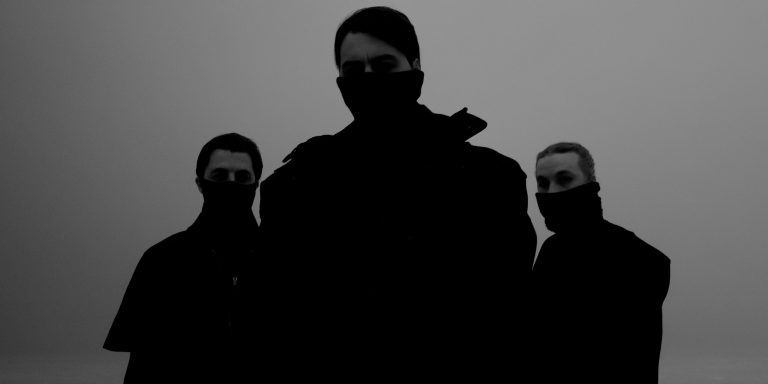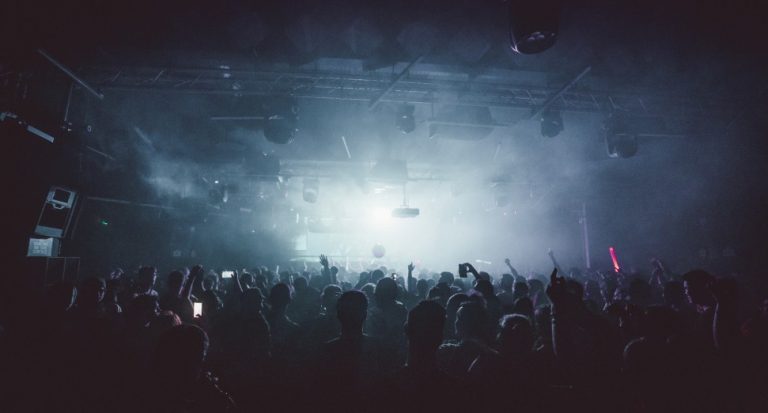Berlin techno movement has achieved a significant accolade as it has been designated as part of the UNESCO Intangible Cultural Heritage (ICH) list, a momentous recognition that underlines the city’s dynamic and influential club culture
Berlin techno and Clubcommission community at large have expressed profound gratitude and excitement over this development, highlighting it as a historic achievement for Berlin’s cultural landscape. The campaign, initiated by Hans Cousto in 2011, has garnered support from influential figures in the techno world, including Detroit’s techno icon Alan Oldham, AKA DJ T-1000, respected German music figure Ellen Allien and Tresor’s Dimitri Hegeman.
The UNESCO status is more than a ceremonial title for the Berlin techno movement, it symbolizes a recognition of techno as an essential cultural element, paving the way for easier management and sustenance of music venues and cultural spaces, aligning with UNESCO’s objectives to protect and promote intangible cultural heritage.
This recognition not only celebrates the genre’s artistic value but also challenges the perception of techno as merely a backdrop for hedonistic pursuits. It acknowledges the genre’s impact and its role in fostering community and cultural identity. Notable voices in the scene, like Alan Oldham, have underscored the potential benefits of this designation, from safeguarding key venues from urban development pressures to repositioning techno in a more respected cultural context.
However, the recognition of Berlin techno culture has sparked conversations about other seminal locations in electronic music history, such as Detroit, techno’s birthplace, which has yet to receive similar honors. Issues of racial discrimination and cultural acknowledgment have been highlighted as significant barriers to equal recognition, drawing parallels to other music cities facing similar challenges.

As the global electronic music community reflects on Berlin’s UNESCO status, the hope is that this will not only fortify Berlin’s cultural fabric but also inspire other cities to acknowledge and celebrate their musical heritage, overcoming social and cultural barriers to honor the universal language of music. 🔥🔥🎵🎵





